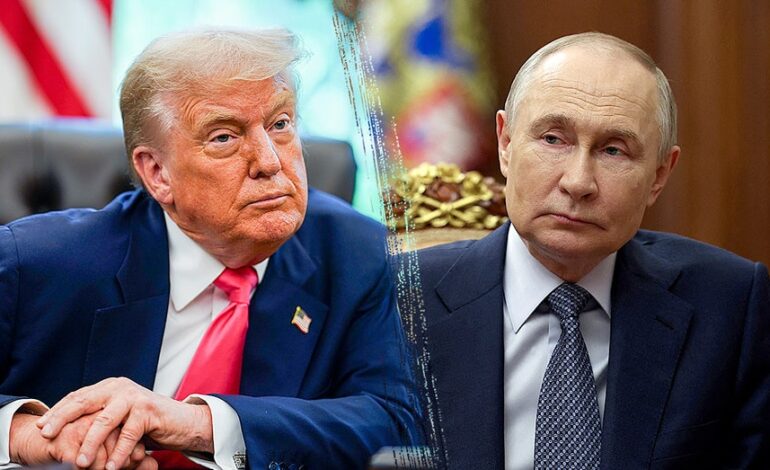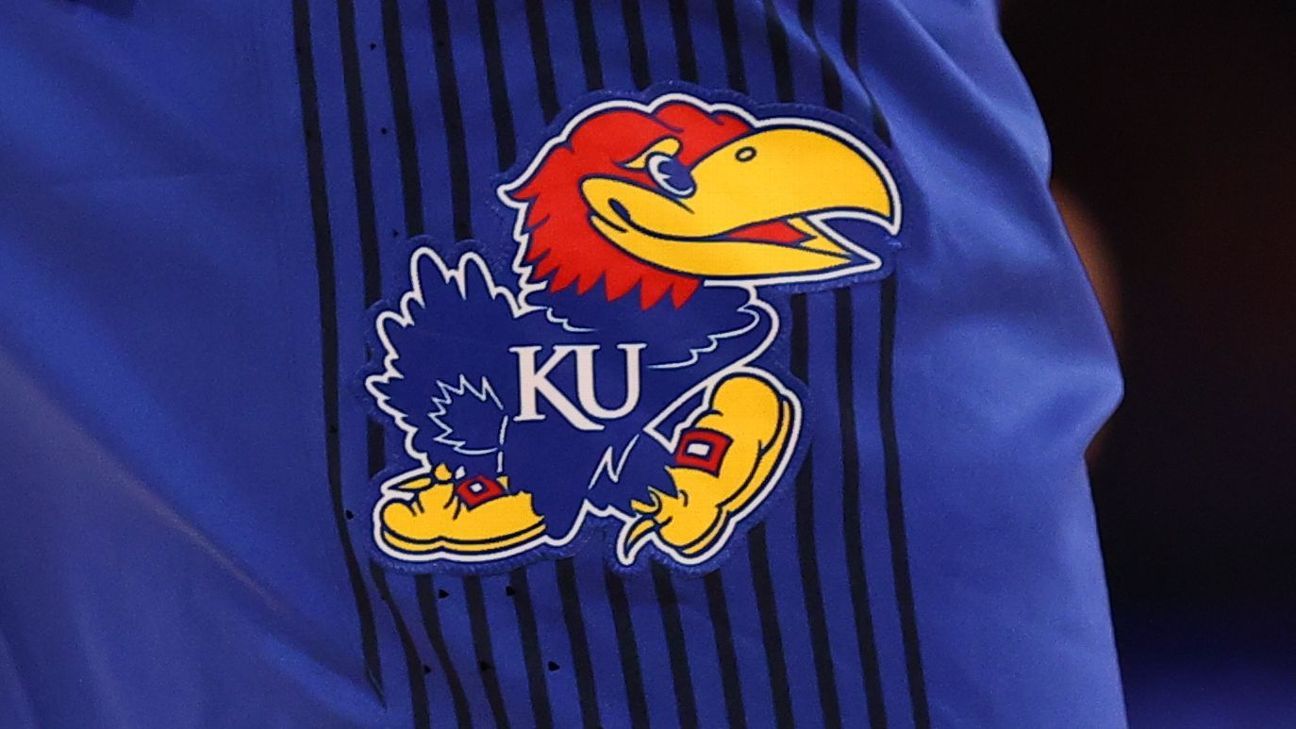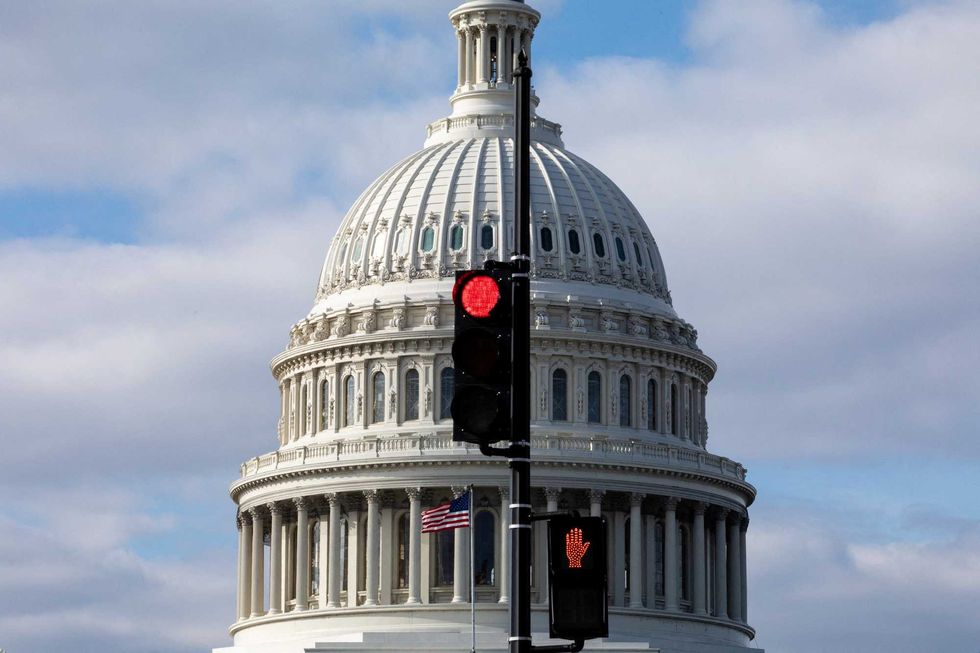Trump Meets Putin in Alaska: Lawmakers React to Summit Dynamics

President Donald Trump’s meeting with Russian President Vladimir Putin on August 15, 2025, at Elmendorf Air Force Base in Alaska has sparked a wave of reactions from U.S. lawmakers. While many Republicans praised Trump’s approach during the summit, Democrats expressed concerns regarding his perceived friendliness towards the Russian leader.
Chairman of the House Foreign Relations Committee, Rep. Brian Mast (R-Fla.), characterized Trump’s actions as assertive. He highlighted the significance of military jets, including a B-2 stealth bomber, flying overhead at the summit’s start, suggesting it was a clear message to Putin. “When President Trump says, ‘Hey, there could be very serious consequences,’ he demonstrated that clearness with his very first action,” Mast stated.
Conversely, Democratic representatives criticized Trump’s demeanor. Rep. Eric Swalwell (D-Calif.) likened the meeting to a “lifetime achievement award” for Putin, expressing disapproval with the phrase “What a Kremlin kiss a– our president is.” Rep. Eugene Vindman (D-Va.) also remarked that Putin’s presence on American soil represented a significant victory for the Russian leader, legitimizing him in a way that undermined his status as a global pariah.
As the summit unfolded, the official Twitter account for the Democratic Party condemned Trump’s invitation to “a dictator onto U.S. soil.” This sentiment echoed across various platforms as lawmakers voiced their frustrations regarding the summit’s implications.
Despite the bipartisan divide, Republicans rallied behind Trump. Rep. Andy Ogles (R-Tenn.) announced plans to nominate Trump for a Nobel Peace Prize, reflecting a belief that the summit could lead to productive outcomes in international relations.
Senators also weighed in on the implications of the meeting. Sen. Ted Cruz (R-Texas) criticized the former Biden administration for its handling of relations with Russia, claiming that the lifting of sanctions on Nord Stream 2 had contributed to the ongoing conflict in Ukraine. Cruz stated, “When Joe Biden became president, he waved the sanctions… and the reason that caused the war is because Putin had refrained from invading Ukraine.”
During the summit, Putin echoed sentiments expressed by Trump and Republicans, suggesting that had Trump been in office when the Ukraine conflict began, it likely would not have escalated. Sen. Lindsey Graham (R-S.C.) added that a meeting involving Trump, Putin, and Ukrainian President Volodymyr Zelenskyy would be essential for resolving the conflict, expressing cautious optimism about its potential outcome.
Graham concluded his remarks by emphasizing the need for a robust response if the proposed meeting does not materialize, indicating that Trump may need to take decisive actions against those supporting Russia’s military efforts.
As reactions continue to unfold, the impact of this summit on U.S.-Russia relations remains uncertain. The dynamics of the meeting, characterized by contrasting perspectives, highlight the complexities of diplomacy in an increasingly polarized political climate.






